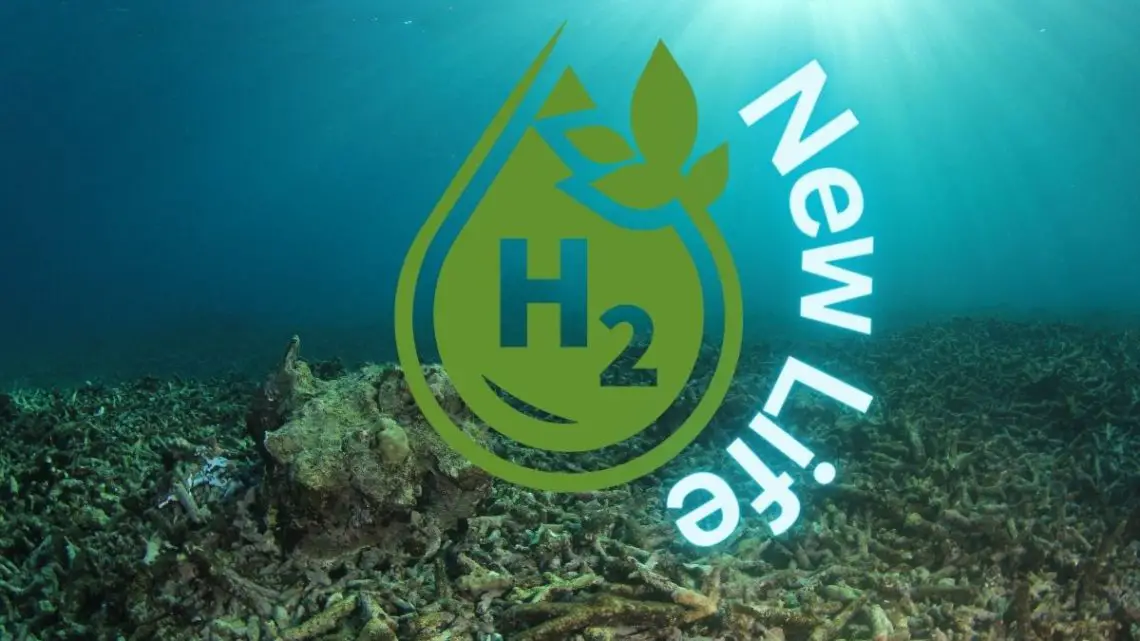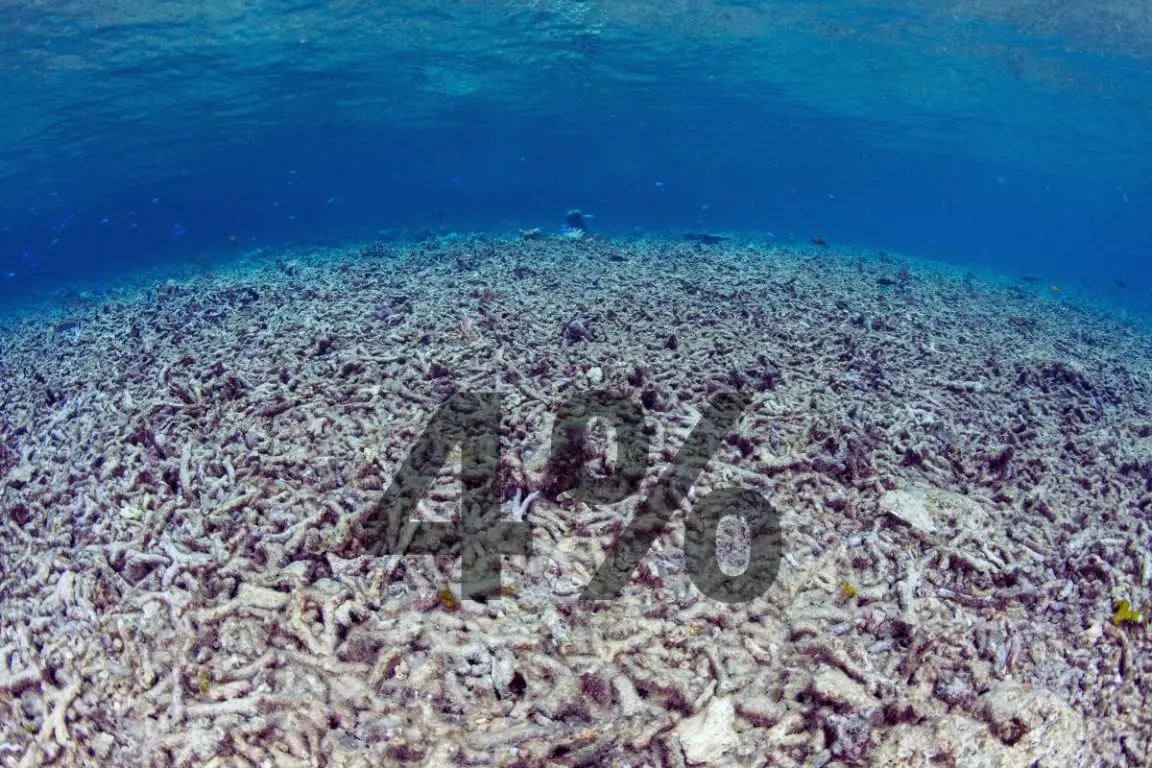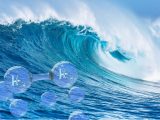
Hydrogen fuel production project could bring ocean dead zones back to life!
June 10, 2024A scientists is hoping to use the Canada and Germany H2 collaboration for another benefit
Canada and Germany recently announced that they would be working together on hydrogen fuel production, and as they take the initial steps forward, a scientist has spotted another potential idea to support environmental wellness.
This green H2 project could improve dead zones in the ocean
The Canada-Germany hydrogen alliance between the countries was announced in Stephenville, Newfoundland, Canada, as the town is the planned location for the World Energy GH2 project. That facility will be focused on green hydrogen fuel production powered by wind energy.
Though the goal is to support the countries’ efforts to decarbonize, and to help Germany to reduce its reliance on oil imports from Russia.
That said, oceanographer Douglas Wallace of Dalhousie University in Nova Scotia, Canada spotted another opportunity. He had been tracking the way dissolved oxygen moves out of the Atlantic Ocean and through the Gulf of Saint Lawrence and into the Saint Lawrence River. He has also monitored the way low levels of oxygen in the water can lead to dead zones.
Splitting water molecules in hydrogen fuel production
Global warming is increasingly causing oceans to lose oxygen. In fact, the oceans have lost 2 percent of their oxygen already since the 1950s. Some researchers have predicted that by the end of this century, that figure could rise to 4 percent.

Too little oxygen in the water makes it harder on marine life, and species in more heavily affected areas or that are more sensitive to these changes are at risk of dying off. The dead zone in the Gulf of Saint Lawrence has grown by seven times since 2003, reaching a size of about 9,000 square kilometers (about 5,600 square miles). This is harming a spectrum of species, including those that are commercially important and those that are already at risk, such as northern shrimp, halibut, and cod, according to Williams.
Could making H2 make the difference?
 Wallace now hopes that the oxygen created during electrolysis in hydrogen fuel production can be pumped into the dead zone in the gulf. According to his calculations, it could be feasible and may help to recover the area and support the marine species living there.
Wallace now hopes that the oxygen created during electrolysis in hydrogen fuel production can be pumped into the dead zone in the gulf. According to his calculations, it could be feasible and may help to recover the area and support the marine species living there.



 With over 15 years of reporting hydrogen news, we are your premier source for the latest updates and insights in hydrogen and renewable energy.
With over 15 years of reporting hydrogen news, we are your premier source for the latest updates and insights in hydrogen and renewable energy.